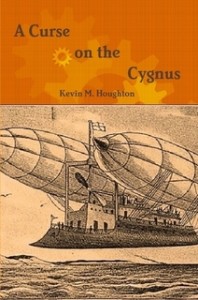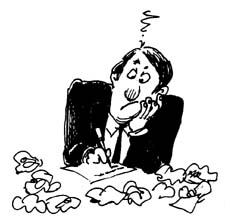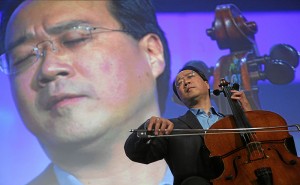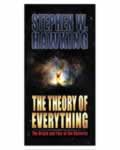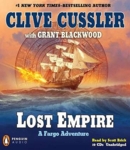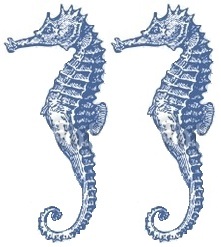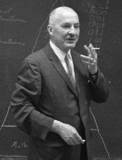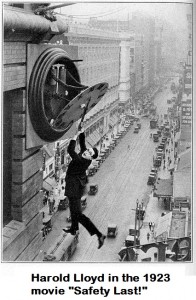In these blog entries I’ve usually refrained from shameless promotion of my own stories, but today will be different. However, since my purpose in these blogs is to offer help to beginning writers, I’ll couch my blatant self-advertising as instructive, educational matter.
Hundreds of cards and letters and e-mails have been pouring in asking me one question. Well, maybe dozens. Okay, maybe it’s just a question I’ve been hoping others would ask me: “Where do your ideas come from?” I explored the topic last year, but today I’ll trace the origin of the ideas for each of my published short stories. Perhaps in reading through these, you’ll see how ideas can occur any time and for any reason; good story ideas will come to you, too!
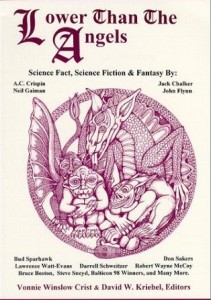 “Target Practice.” I wrote this story in 1999, and I honestly don’t remember what the inspiration was. Back then I was in the midst of writing a novel, and I took time out to write this story and submit it for publication to a wonderful anthology, Lower than the Angels. I think I just wanted to see if I could create a truly hopeless situation and figure a way for my protagonist to resolve the problem.
“Target Practice.” I wrote this story in 1999, and I honestly don’t remember what the inspiration was. Back then I was in the midst of writing a novel, and I took time out to write this story and submit it for publication to a wonderful anthology, Lower than the Angels. I think I just wanted to see if I could create a truly hopeless situation and figure a way for my protagonist to resolve the problem.
 “The Steam Elephant.” Seven years later, as I mentioned here, I was inspired by the book The Mammoth Book of New Jules Verne Adventures, edited by Mike Ashley and Eric Brown. It contained short stories written by modern authors as tributes to Verne. As a Verne enthusiast, I was thrilled by the book, but disappointed to find no stories echoing Verne’s two-part novel The Steam House. I decided to write my own, and it was published in Steampunk Tales #5.
“The Steam Elephant.” Seven years later, as I mentioned here, I was inspired by the book The Mammoth Book of New Jules Verne Adventures, edited by Mike Ashley and Eric Brown. It contained short stories written by modern authors as tributes to Verne. As a Verne enthusiast, I was thrilled by the book, but disappointed to find no stories echoing Verne’s two-part novel The Steam House. I decided to write my own, and it was published in Steampunk Tales #5.
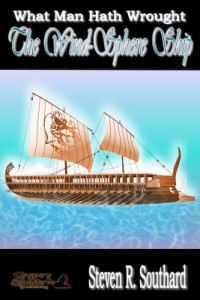 “The Wind-Sphere Ship.” I’m not sure why, but at some point I must have been pondering why steamships weren’t invented much earlier. After all, the power of steam was known to the ancients. The Greek inventor Heron (or Hero) developed a steam toy in the first century A.D. This suggested an alternate history story. Gypsy Shadow Publishing put this story out in e-book form.
“The Wind-Sphere Ship.” I’m not sure why, but at some point I must have been pondering why steamships weren’t invented much earlier. After all, the power of steam was known to the ancients. The Greek inventor Heron (or Hero) developed a steam toy in the first century A.D. This suggested an alternate history story. Gypsy Shadow Publishing put this story out in e-book form.
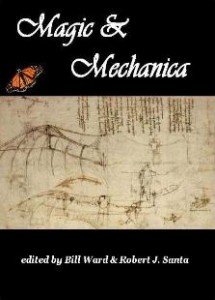
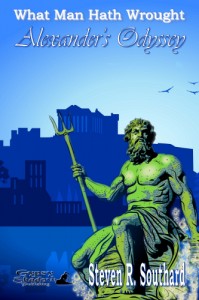 “Alexander’s Odyssey.” I’ve long been fascinated by the history of submarine development. One tale held that Alexander the Great descended under water in a glass-windowed barrel. I wondered how the sea god, Poseidon, would have reacted, and the story wrote itself. It was first published in the anthology Magic & Mechanica and then later (in a longer version) by itself in e-book form.
“Alexander’s Odyssey.” I’ve long been fascinated by the history of submarine development. One tale held that Alexander the Great descended under water in a glass-windowed barrel. I wondered how the sea god, Poseidon, would have reacted, and the story wrote itself. It was first published in the anthology Magic & Mechanica and then later (in a longer version) by itself in e-book form.
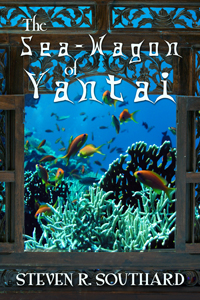 “The Sea-Wagon of Yantai.” I continued my quest to fictionalize, in short-story form, the development of the submarine. I found tantalizing references to the Chinese having developed a submarine around the year 200 B.C. However, I couldn’t find any details. I figured that left me free to write the story as I wished. My story was also loosely inspired by Ray Bradbury’s marvelous story, “The Flying Machine,” which I’d read in high school. Eternal Press published my story.
“The Sea-Wagon of Yantai.” I continued my quest to fictionalize, in short-story form, the development of the submarine. I found tantalizing references to the Chinese having developed a submarine around the year 200 B.C. However, I couldn’t find any details. I figured that left me free to write the story as I wished. My story was also loosely inspired by Ray Bradbury’s marvelous story, “The Flying Machine,” which I’d read in high school. Eternal Press published my story.
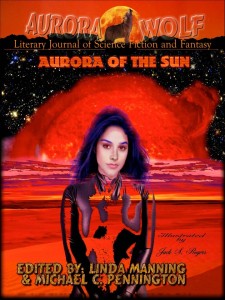 “Seasteadia.” Knowing of my interest in the sea, a fellow writer in my critique group sent me an article about the concept of seasteading. I decided to write a series of stories about seasteading’s possible future. “Seasteadia” is the first, and so far the only published one, and it appeared in the anthology Aurora of the Sun.
“Seasteadia.” Knowing of my interest in the sea, a fellow writer in my critique group sent me an article about the concept of seasteading. I decided to write a series of stories about seasteading’s possible future. “Seasteadia” is the first, and so far the only published one, and it appeared in the anthology Aurora of the Sun.
There are more, but I’ll save those for next week’s blog entry. The point is, a writer’s story ideas come from many sources. Who knows where your next story idea will originate? After all, your creative mind works differently from that of–
Poseidon’s Scribe

